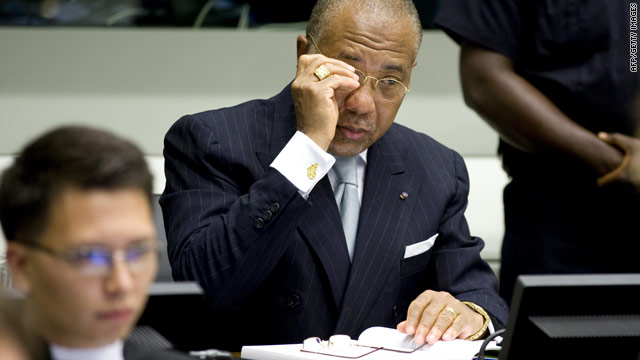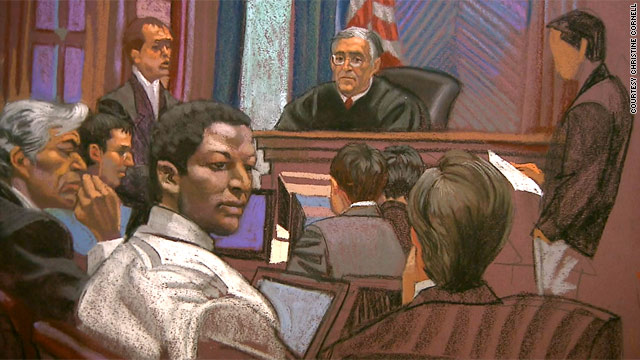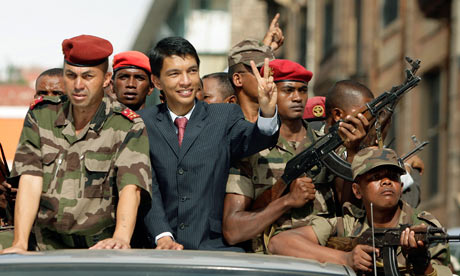By Ricardo Zamora
Impunity Watch Reporter Europe

STRASBOURG, France – A recent investigation in the Greek prison system revealed severe police abuses against detainees. The Council of Europe’s Committee for the Prevention of Torture and Inhuman or Degrading Treatment or Punishment (CPT), the experts that lead the investigation, report that police conduct, at times, bordered on torture.
In its report, the CPT notes instances of detainees being punched, kicked, beaten with clubs and even threatened with rape.
While the below-par living conditions in Greece’s prisons are not novel, the increasing detention has many human rights and political groups worried that living conditions and abuses will worsen.
In response to such concerns, the Council of Europe is calling on Europe to help Greece process inmates.
The “Dublin II Regulation” is major reason Greece is receiving so many migrants. The regulation is an EU law that determines which state is responsible for looking into an asylum-seeker’s application.
While it aims to consider the legitimate concerns of asylum seekers and irregular migrants, the living conditions individuals face by being sent to Greek prisons under its guise indicates indifference.
The UN High Commissioner for Refugees and human rights groups are calling for the stop of returns under the regulation because of the inadequate protection against inhuman conditions in Greece.
The European Court of Human Rights seems to share those concerns. In a recent opinion it appealed to Austria, the Netherlands and Britain not to send any individuals back to Greece.
“Greece should not carry the burden of receiving the vast majority of all irregular migrants entering the European Union,” said Manfred Nowak, the UN Special Rapporteur on torture. “In a number of Criminal Investigation Departments, I found more than 40 foreigners held in administrative detention in office space temporarily used as make-shift cells,” he added.
Nowak stressed that such conditions clearly violated Articles 7 and 10 of the International Covenant on Civil and Political Rights. Articles 7 and 10 were adopted to curtail inhuman and degrading treatment.
Monsters and Critics reported that while the Greek government is planning on changing its system of expulsion centers, it has rejected the allegations of serious abuse of detainees.
For more information, please see:
Monsters and Critics – Council of Europe Group Blasts Greece Over Prison Abuses – 11.17.2010
Radio Free Europe – EU Sends Border Team To Greece Over Immigrants – 10.25.10
Global Nation – EU Urged to Help Greece Deal With Irregular Migrants – 10.24.10


